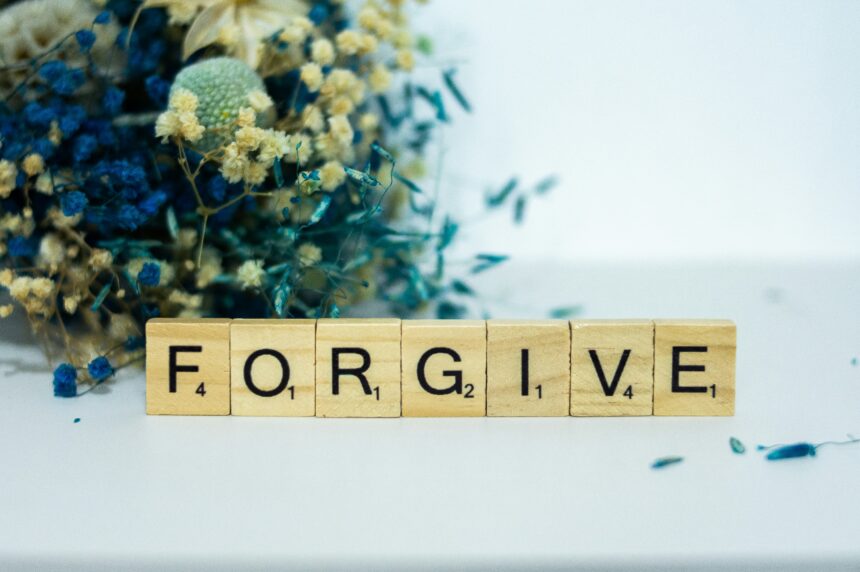Forgiving others and ourselves

I had a teacher who wrote the following in my yearbook at the end of my senior year in high school: "Never do anything you wouldn't stand on a chair and announce at a family reunion."
The older I get, the wiser these words become. Looking back, though, I know how hard this advice has been to keep. We all fall short of our highest ideals.
The Bible puts it this way: "For all have sinned and fallen short of the glory of God" (Romans 3:23). In other words, most of us have done something we would not stand on a chair and announce at a family reunion.
The Bible's reality check is not all bad news, though. The ultimate goal of faith is redemptive. That means that our mistakes, poor choices and relationship errors do not have to be the end of the story for us.
When we come to grips with our faults and our errors, the Bible also says God grants forgiveness and even restoration by wiping the slate clean: "If we confess our sins, God is faithful and just and will forgive us of our sins and cleanse us of anything unrighteous" (1 John 1:9). The one who is always good and righteous -- God -- promises that he will not continue to hold our past over our heads to shame us or harm us.
That means there are a few ways we are called to respond. First, we are invited to receive God's forgiveness. Second, we are urged to go and do our best to make things right with others. Third, we are reminded constantly that if God forgives us, we can forgive ourselves and others.
Honestly, for many of us, forgiving others -- as hard as that can be -- is easier than forgiving ourselves. We beat ourselves up and are often harder on ourselves than others are toward us. However, this way of thinking and living only leads to a downward spiral.
Receiving the love God has to offer brings about the kind of peace that can be passed along to others, including those who have harmed us. It can also be a reminder that if God, who is perfectly righteous, can forgive us, we can forgive ourselves, learn from our errors and move forward.
When we confess our sins to God and even to those we trust, we don't have to stand up on a chair and do so to a crowd. However, it seems as if God wants us to be so assured of his love and forgiveness toward us that we can walk in freedom, including freedom from our past.




